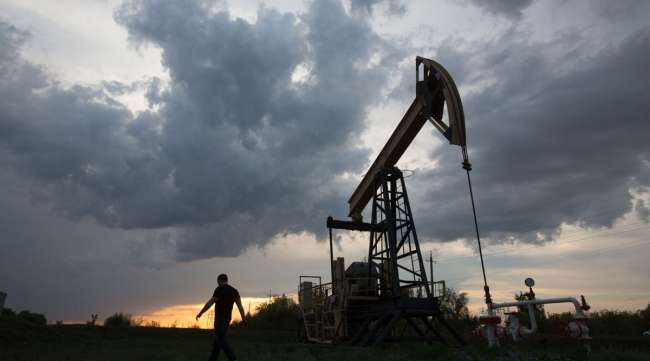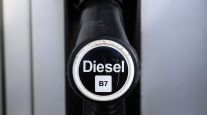Bloomberg News
Oil Holds Near $50 as OPEC+ Hesitates Despite Surplus

[Stay on top of transportation news: Get TTNews in your inbox.]
Oil held near $50 a barrel in New York on signs that OPEC and its allies probably won’t go ahead with a much-touted emergency meeting, even as a global oversupply piles up.
While the coalition’s technical experts have recommended a production cutback as Asia’s coronavirus batters demand, Azerbaijan’s Energy Minister Parviz Shahbazov told the RIA Novosti newswire that the group is unlikely to hold an early meeting. Saudi Arabia is pushing for action, yet key partner Russia has so far resisted.
As the alliance dithers, conditions in global crude markets are deteriorating.
A discount on prompt crude, which appeared in brent front-month contracts last week for the first time in a year, is taking hold in the futures market. The pattern, which is known as contango and usually indicates oversupply, now extends all the way through to September contracts.
In part two of a two-part exploration of autonomous technology today, our latest RoadSigns podcast revisits conversations with Chuck Price of TuSimple and Ognen Stojanovski of Pronto.ai. Hear them discuss a palatable Level 2 version of trucking autonomy. Listen to a snippet above, and to hear the full episode, go to RoadSigns.TTNews.com.
Oil short-selling has more than doubled in just two weeks. Hedge funds boosted bearish wagers against West Texas Intermediate crude by 41% in the week ended Feb. 4, following a 52% surge a week earlier.
Another indicator closely watched by traders — the so-called red spread between December contracts in consecutive years — also is shifting toward contango after collapsing from $1.31 a barrel in late January to just 2 cents on Monday.
OPEC and its allies have shown some readiness to intervene, with a committee of technical experts counseling last week that the coalition — which pumps about half the world’s oil — should deepen existing production curbs by an additional 600,000 barrels a day during the second quarter.
Yet Russia, the biggest crude producer within the group, hasn’t yet announced whether it will back the policy, or a meeting before the group’s scheduled early March gathering to make it happen.
“The oil price will have to do the job of balancing the market because OPEC+ will not step in and counter the current demand shock from China,” said Bjarne Schieldrop, Oslo-based chief commodities analyst at SEB AB.
West Texas Intermediate crude for March declined 0.5% to $50.08 a barrel on the New York Mercantile Exchange as of 8:45 a.m. local time. It closed 1.2% lower on Feb. 7.
Brent for April delivery fell 0.7% to $54.08 a barrel on the London-based ICE Futures Europe exchange after losing 0.8% Friday. The global crude benchmark traded at a $3.79 premium to WTI for the same month.
Prices could come under further pressure if talks aimed at ending the conflict in Libya, where a blockade of ports has pushed production to the lowest level since 2011, lead to a restoration of output. A two-day meeting that started Sunday is being closely watched for any sign of a deal that could restore over 1 million barrels a day of output to global markets.
Want more news? Listen to today's daily briefing:





